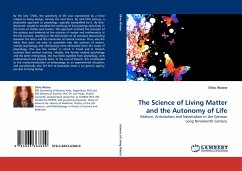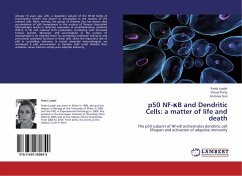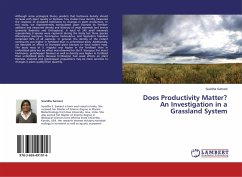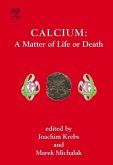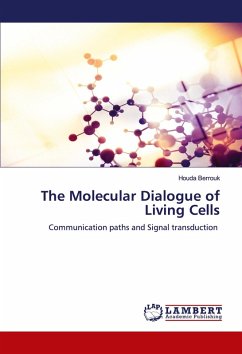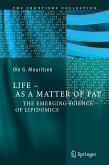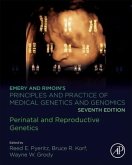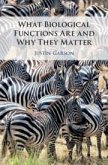By the late 1700s, the specificity of life was represented by a force unique to living beings, namely the vital force. By mid-19th century, a physicalist approach to physiology, typically exemplified by E. du Bois-Reymond, sought to establish the workings of living beings exclusively in the terms of matter and motion. This approach involved the inclusion of the notions and methods of the sciences of matter and mathematics in the life sciences, resulting in the elimination of all concepts demarcating between the latter and the remainder of natural sciences. Thus, also the fields that were not easy to assimilate into the sciences of matter, namely psychology and embryology were eliminated from the scope of physiology. This was the context in which S. Freud and H. Driesch received their earliest training. Initially, the former tackled psychology and the latter embryology, the two fields expelled from physiology, with mathematical and physical tools. In the case of Driesch, this contributed to the institutionalization of embryology as an experimental discipline, and paradoxically also led him to postulate anew a sui generis agency peculiar to living beings.
Bitte wählen Sie Ihr Anliegen aus.
Rechnungen
Retourenschein anfordern
Bestellstatus
Storno

